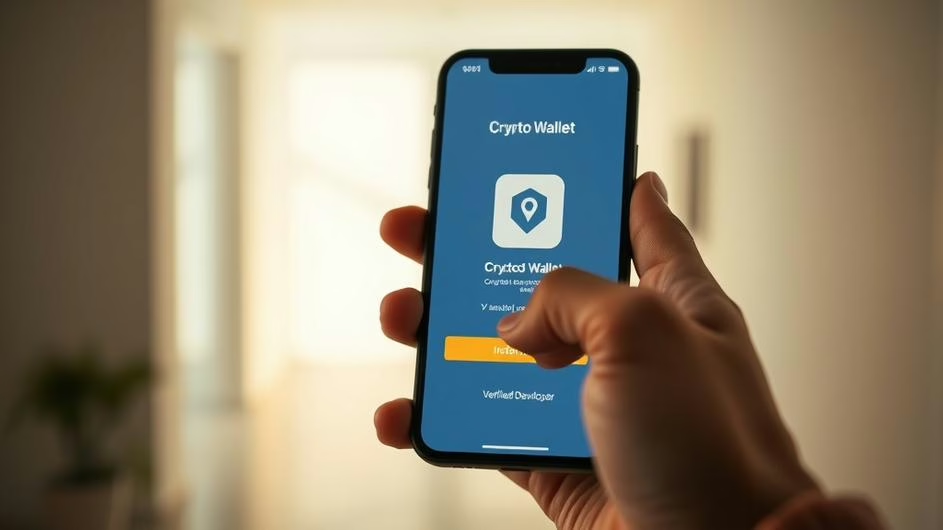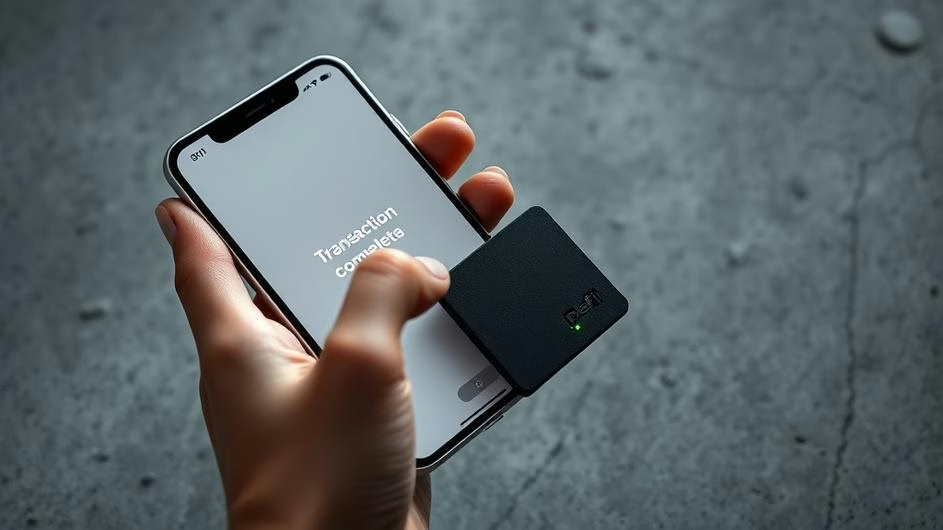
The New Android Era: Security, Sideloading, and Why These Changes Matter for Crypto and Web3
Android is having its biggest shake-up in years, and if you’re into crypto or Web3 development, you need to pay attention. Google’s rolling out new verification requirements that fundamentally change how apps work on Android devices. We’re talking about a shift from the platform’s traditionally open approach to something much more controlled and secure.
What does this mean for crypto wallet security and the broader Web3 ecosystem? Let’s break it down.
Android’s Wild West Days Are Over
For over a decade, Android’s biggest selling point was freedom. Want to install an app from somewhere other than Google Play? No problem. Developers could distribute APKs anonymously, and users could sideload pretty much anything they wanted. This openness made Android the go-to platform for tech enthusiasts, open-source projects, and alternative app stores.
But here’s the thing: that freedom came with serious risks. According to Android Authority, malware in sideloaded apps has become a massive problem. We’re not just talking about annoying adware anymore. These malicious apps can compromise crypto wallets, steal private keys, and drain DeFi accounts.
Google’s response? They’re extending developer verification requirements to ALL apps that can be installed on certified Android devices. Not just Play Store apps anymore, but everything. iTnews reports that this change directly targets the surge in malware-laden sideloaded software.
Developers now need to provide identification and go through registration processes. It’s a fundamental shift from anonymous freedom to accountable transparency.
Why This Matters for Crypto Users Right Now
If you’re holding crypto on Android devices, this change could be huge for your security. Think about it: how many times have you downloaded a “new DeFi app” or “innovative wallet” from outside the Play Store? These verification requirements mean those sketchy apps targeting crypto wallet users will have a much harder time reaching your device.
The timing couldn’t be better. With crypto markets hitting new highs, scammers are working overtime to create fake wallet apps and malicious DeFi interfaces. Android’s new verification system creates a paper trail that makes it much easier to track down bad actors.
But there’s a trade-off. Legitimate crypto developers face higher barriers to entry. Small teams working on experimental Web3 projects can’t just throw together an APK and distribute it anonymously anymore. They need to jump through Google’s hoops first.
The Bigger Picture: Regulation Meets Innovation
Android isn’t making these changes in a vacuum. European regulations like the Digital Markets Act are forcing even Apple to open up their walled garden. The entire mobile industry is recalibrating the balance between openness and security.
For Web3 developers, this parallel evolution of Android and iOS creates interesting opportunities. Both platforms are becoming more secure but in different ways. Developers who can navigate these new requirements will have access to billions of users who are increasingly confident about trying crypto apps.

September 2025: Android Gets a Security Overhaul
The verification changes are just part of Android’s security push. September’s system updates touch every part of the user experience. Android System Intelligence, Key Verifier, SafetyCore, and WebView all got significant security improvements.
The Play Store is also getting smarter. There’s a new “auto-open when ready” feature that launches apps immediately after installation. Sounds simple, but it’s actually pretty clever for security. When apps launch in a controlled environment right after installation, it’s easier for Android’s security systems to monitor their behavior.
For crypto apps, this is crucial. Wallet apps and DeFi interfaces handle extremely sensitive data. Having them launch under Google’s watchful eye means better protection against apps that try to hide malicious behavior until later.
Innovation Continues Despite Tighter Controls
Don’t think Android’s becoming a locked-down platform. New Android apps are still launching every month, covering everything from education to entertainment. The verification requirements haven’t killed innovation, they’ve just made it more accountable.
Actually, this could boost adoption of experimental Web3 tools. When users know that apps have gone through verification processes, they’re more likely to try new crypto services. That’s good news for legitimate blockchain projects looking to reach mainstream audiences.
Power users still have options too. Android hasn’t completely locked down sideloading, it’s just made it more transparent. Developers who want to distribute outside traditional channels can still do so, they just need to identify themselves.
What This Means for Your Crypto Strategy
If you’re a crypto investor, these changes reduce your risk exposure significantly. Fewer compromised wallets mean less chance of losing funds to malware. For developers, the higher barrier to entry is frustrating but ultimately beneficial. Users will trust verified apps more, leading to better adoption rates for legitimate projects.
The competitive dynamic between iOS and Android is actually accelerating innovation in mobile crypto. Both platforms want to be the preferred choice for crypto adoption and Web3 services. The platforms that balance security, usability, and developer freedom will win the blockchain era.
Looking Ahead: A More Secure Mobile Future
Android’s transformation reflects broader changes across the entire tech industry. AI and policy changes are reshaping how platforms handle security and user protection. As regulatory pressure increases and crypto becomes more mainstream, expect even more security-focused updates.
The result could be a mobile ecosystem where next-generation devices safely support everything from tokenized payments to decentralized identity systems. Android’s betting that verified, accountable development will create user confidence that outweighs any reduction in openness.
For crypto enthusiasts and Web3 developers, this represents a maturing of the mobile blockchain ecosystem. The wild west days are ending, but what’s coming next could be much more powerful and far-reaching.
Sources
- With developer verification, Android no longer counts as a proper smartphone platform. Android Authority. August 27, 2025.
- Google tightens Android developer verification. iTnews. August 28, 2025.
- What’s new in Android’s September 2025 Google System Updates. 9to5Google. September 2, 2025.
- Google Play Store rolling out ‘auto-open’ option for newly installed apps. 9to5Google. August 27, 2025.
- 5 of the best new Android apps you need to try this September. Android Authority. September 1, 2025.
























































































